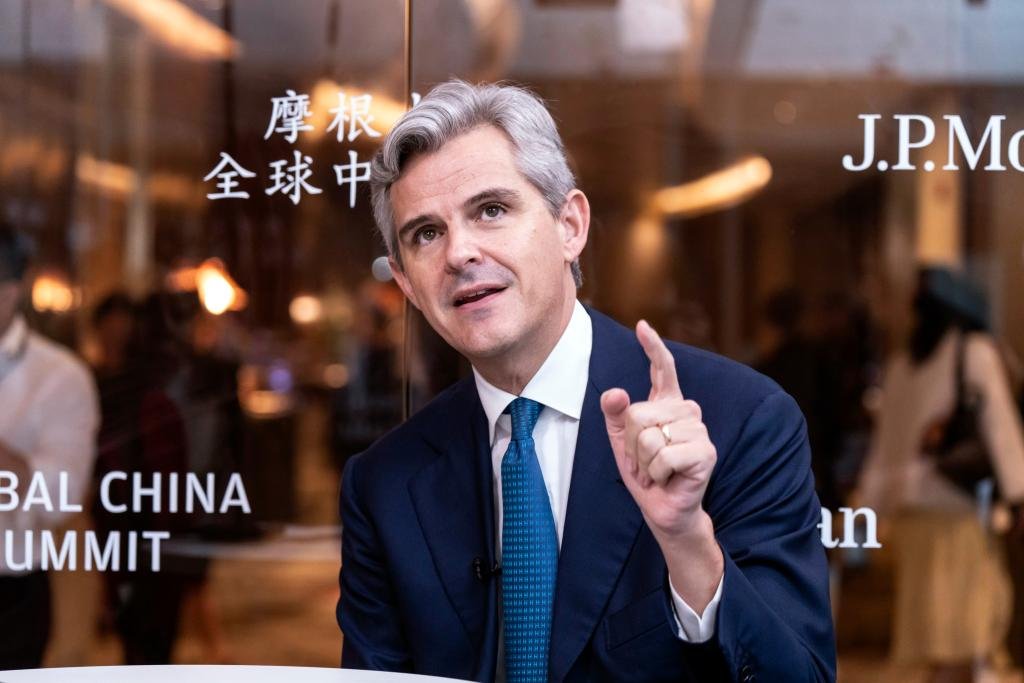Frustrated by slow progress on Meta’s Llama model, Zuckerberg assembles elite team and reshapes headquarters in a high-stakes race to rival OpenAI and define the future of artificial intelligence.
In a bold pivot reflecting the escalating global race for artificial intelligence dominance, Meta CEO Mark Zuckerberg is personally spearheading an ambitious effort to build “superintelligence” — AI systems that exceed human cognitive capabilities. According to a detailed Bloomberg report, Zuckerberg has grown increasingly impatient with Meta’s trajectory in the AI space, especially around its Llama 4 model, and has begun directly intervening to chart a new course.
The Meta chief has reportedly taken the reins by handpicking experts and holding private meetings at his homes in Lake Tahoe and Palo Alto, indicating a deep personal investment in this initiative. He’s assembling a team of around 50 top-tier AI specialists and reconfiguring the layout of Meta’s Menlo Park headquarters to place the group closer to his own office. These moves underline a dramatic acceleration in Meta’s AI ambitions — and Zuckerberg’s belief that the company must evolve rapidly or risk irrelevance.
Meta has integrated AI features across its ecosystem — from Facebook and WhatsApp to its Ray-Ban smart glasses and chatbots — but it continues to lag behind front-runners like OpenAI, whose ChatGPT technology has revolutionized public and enterprise interaction with AI. Meanwhile, Meta’s Llama open-source models have seen limited traction and technical growing pains, stalling internal momentum.
One particularly high-profile development is Meta’s talks with Alexandr Wang, the 28-year-old CEO of Scale AI. Zuckerberg is reportedly exploring a multi-billion dollar investment in Wang’s company, potentially positioning Scale AI as a major partner in Meta’s bid to leapfrog current AI leaders.
The stakes could not be higher. While OpenAI, backed by Microsoft, has surged ahead with massive funding and rapid model deployment, Google’s Alphabet and Elon Musk’s xAI are building formidable alternatives. Apple, though late to the game, has also announced its first wave of AI initiatives. In this increasingly crowded field, Zuckerberg sees an opportunity to disrupt — not just follow.
Zuckerberg’s endgame is clear: to usher in artificial general intelligence (AGI), AI that can match or exceed human reasoning across virtually all tasks. This is a critical prerequisite to achieving superintelligence. Yet many experts are divided on the timeline — some say AGI is years away, others claim it may be decades, if not longer. Regardless, Zuckerberg’s resolve signals that Meta intends to be a central force in shaping AI’s next chapter.
A key pillar of Meta’s approach is its commitment to open-source AI — offering the Llama models freely to developers and researchers, in hopes of establishing an “Android for AI.” The strategy is aimed at broad adoption, greater transparency, and democratizing AI development, setting it apart from the more closed platforms developed by competitors.
Still, challenges abound. It remains unclear how this new skunkworks team will integrate with Meta’s existing AI division, and critics question whether Meta’s internal culture can sustain such a focused moonshot. But for Zuckerberg, the AI arms race is existential — a do-or-die moment as AI reshapes the entire technology landscape, from search engines and social media to smartphones and beyond.
With advertising revenues set to fund the push, Meta’s AI future now rests not just in labs and algorithms — but in the personal vision and urgency of its CEO.

















